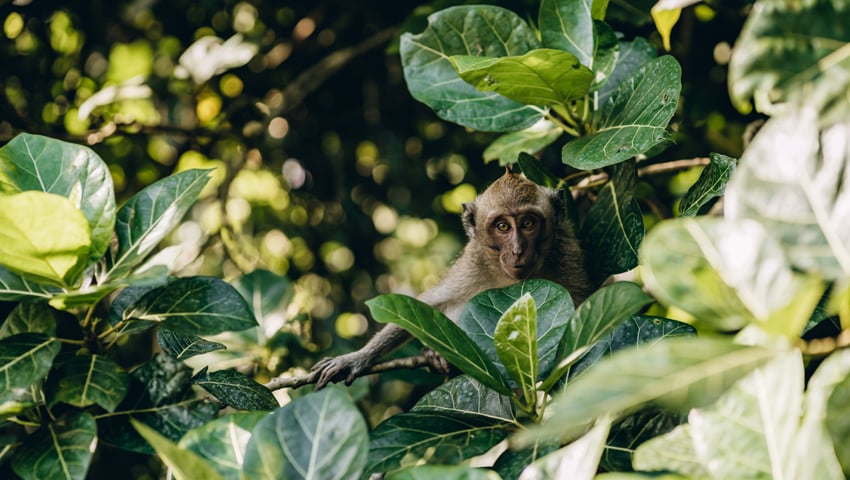FIRST published in 2012, the Global Sustainable Competitiveness Index (GSCI) measures the competitiveness and sustainability of countries, is based on 190 quantitative indicators derived from international organisations (World Bank, IMF, UN). All indicators are evaluated as-is and analysed for trends. The outcome is a comprehensive view of strengths and weaknesses for each country, as well as indication of the future direction and potential.
The GSCI serves as comprehensive alternative to the GDP, to assess country-specific and issue-specific risks for operators and investors, and to verify progress for countries. The GSCI is now officially used by 4 governments to benchmark their progress on the path to sustainability & competitiveness.
The Global Sustainable Competitiveness Index assesses:
- Intellectual capital & innovation: the capability to generate wealth and jobs through innovation and value-added industries in the globalised markets
- Economic sustainability: the ability to generate wealth through sustainable economic development
- Governance efficiency: results of core state areas and investments – infrastructure, market and employment structure, the provision of a framework for sustained and sustainable wealth generation
- Natural capital: the given natural environment, including the availability of resources, and the level of the depletion of those resources.
- Resource efficiency & intensity: the efficiency of using available resources as a measurement of operational competitiveness in a resource-constraint World.
Globally in 2023 the average sustainable competitiveness score is 43.4. The highest score is 59.8, achieved by Sweden. Even leading nations have been found to be far from being truly sustainable & competitive.
In terms of global development 38% of all indicators are deteriorating, while 52% show positive developments. The global community is going forward and backwards at the same time.
Highlights and key takeaways from the GSCI 2023:
- Scandinavia continues to top the Sustainable Competitiveness Index: of the top 6 spots, 5 are Scandinavian. Sweden keeps topping the Index
- The top 20 are dominated by Northern European countries
- Only one country in the Top 20 is not European: Japan on 12 (South Korea 21)
- For the first time, China (ranked 30) overtakes the US (32) – China is strong in Intellectual Capital, but low on Natural Capita & Resource Efficiency
- The USA is ranked 32, performing particularly low in resource efficiency and social capital – potentially further undermining the global status of the US in the future
- Germany ranks 15, The UK 16, and France, 18
- Brazil ranks 65, India 121, and Nigeria, Africa’s most populous nation, ranks 156
- Some of the least developed nations have a considerable higher GSCI ranking than their GDP would suggest (e.g. Colombia, Peu, Nepal, Bhutan, Bolivia…)
- Asian nations (South Korea, Japan, Singapore, and China) lead the Intellectual Capital Index – the basis of innovation. However, achieving sustained prosperity is potentially compromised by Natural Capital constraints and increasing resource consumption
- The Social Capital Index ranking is headed by Northern European (Scandinavian) countries, the result of economic growth combined with a commonly accepted social consensus
- Focus in 2023: the deployment of renewable technology has reached a critical mass and cost parity. Fossil fuels are no longer competitive, and will drastically decline after 2030. The oil-exporting Gulf states need to replace a significant proportion of their income with alternatives. Are the Gulf countries ready for the energy transition, and how could they replace the fossil income? Read more here, or download the report How to replace fossil income in the Gulf countries
Download the The Global Sustainable Competitiveness Index 2023
